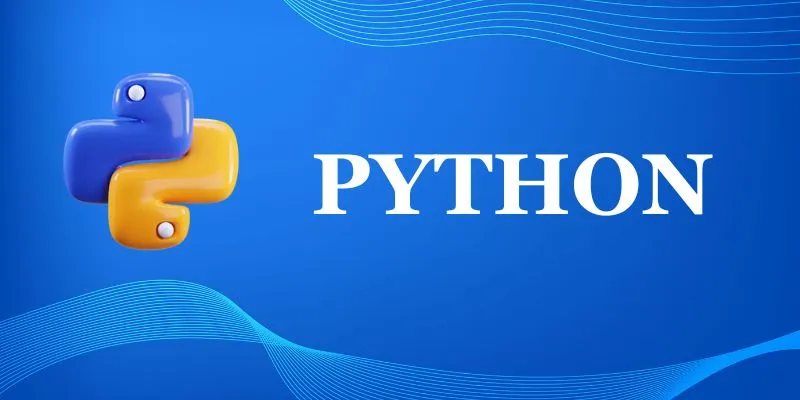In today’s data-driven world, machine learning has emerged as a powerful tool for extracting insights, making predictions, and driving decision-making processes. Python, with its rich ecosystem of libraries and frameworks, has become the de facto language for machine learning enthusiasts and professionals alike. This blog post will explore Harnessing the Power of Machine Learning with Python. For those interested in mastering Python for machine learning, excellent resources are available, including the Python Course in Chennai at FITA Academy, which provides comprehensive training and guidance for people seeking to augment their expertise in this field.
1. Understanding the Python Advantage
Python’s popularity in the machine learning community stems from its simplicity, versatility, and extensive library support. With libraries like NumPy, Pandas, Scikit-learn, TensorFlow, and PyTorch, developers have access to a wide range of tools for data manipulation, modeling, and deployment. This ecosystem fosters innovation and enables developers to build sophisticated machine learning models with ease.
2. Getting Started with Data Preparation
Python excels in this area, offering powerful tools for data cleaning, preprocessing, and transformation. Using libraries like Pandas, developers can efficiently handle datasets of various sizes and formats, perform data imputation, feature scaling, and encoding, preparing the data for model training.
3. Exploring Machine Learning Algorithms
Python provides implementations of numerous machine learning algorithms, ranging from simple linear models to complex neural networks. With libraries like Scikit-learn, developers can explore and experiment with different algorithms for classification, regression, clustering, and more. Python’s expressive syntax and intuitive APIs make it easy to prototype and iterate on machine learning models, enabling Python Online Course Careers to flourish.
4. Leveraging Deep Learning with Python
Deep learning, a subset of machine learning focused on neural networks, has seen remarkable advancements in recent years. Python frameworks like TensorFlow and PyTorch have played a significant role in driving this progress, providing flexible and scalable tools for building and training deep neural networks. Whether you’re working on image recognition, natural language processing, or reinforcement learning, Python’s deep learning ecosystem offers state-of-the-art solutions and pre-trained models for various tasks.
5. Evaluating Model Performance
Once a machine learning model is trained, it’s essential to evaluate its performance to assess its effectiveness and generalization ability. Python provides libraries and utilities for model evaluation, including metrics for classification, regression, and clustering tasks. Developers can use tools like Scikit-learn’s `metrics` module to calculate accuracy, precision, recall, F1-score, and other performance metrics, gaining insights into the model’s strengths and weaknesses.
6. Deploying Machine Learning Models
Deploying machine learning models into production environments is often a challenging task. However, Python offers solutions for model deployment and serving, enabling seamless integration with web applications, APIs, and cloud platforms. Frameworks like Flask and FastAPI provide lightweight web servers for hosting machine learning models, while platforms like TensorFlow Serving and AWS SageMaker offer scalable infrastructure for deploying and managing models at scale.
Python has democratized machine learning, making it accessible to developers, researchers, and businesses worldwide. With its vast ecosystem of libraries, frameworks, and resources, Python empowers us to tackle complex machine learning challenges and unlock new possibilities in various domains. By harnessing the power of machine learning with Python, we can drive innovation, solve real-world problems, and shape the future of AI. Whether you’re a beginner or an expert, a Python Course in Bangalore can provide the necessary skills and knowledge to excel in this exciting field.
Also Check Python Developer Salary For Freshers


